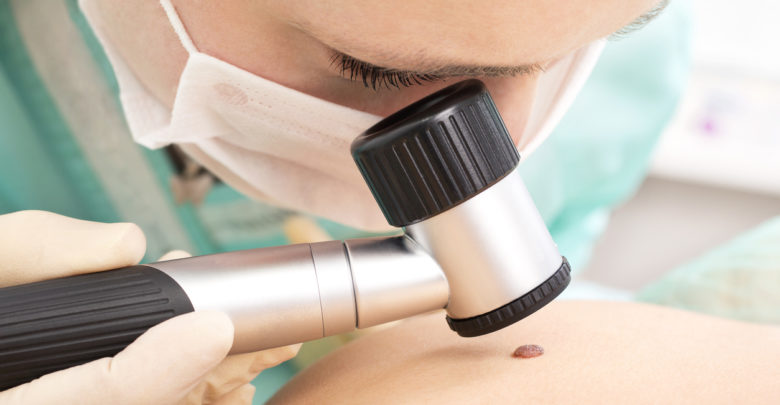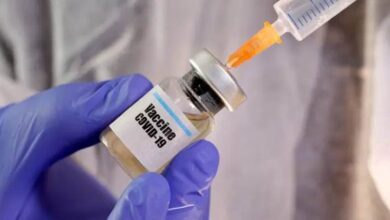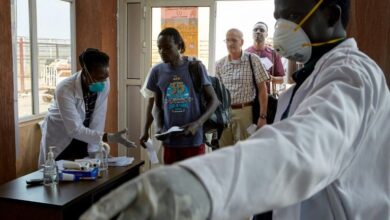Health
New Cancer Vaccine Tested 100% Successful In Treating Mice With Aggresive Melanoma
A new cancer vaccine, which when used in combination to another immunotherapy drug, has shown a stunning 100 percent success rate in treating melanoma in mice

In a major breakthrough, medical researchers have developed a new cancer vaccine, which when used in combination with another immunotherapy drug, has shown a stunning 100 percent success rate in treating melanoma in mice.
As part of the study, a team of researchers from Scripps Research Institute in California and the University of Texas Southwestern Medical Center gave a cancer immunotherapy drug called anti-PD-L1 to 24 mice with a particularly aggressive form of melanoma. The role of anti-PD-L1 is to prevent tumor cells from attacking their immune systems.
The researchers screened around 100,000 compounds to find out which compound would boost the effectiveness of the cancer immunotherapy drug. They eventually found a chemical called Diprovocim, which works to enhance the body’s immune response.
To check its effectiveness, the team divided the mice into three groups. One group was given the cancer vaccine with Diprovocim, one was given the vaccine with an alternative adjuvant called alum, and the third group was only given the vaccine.
After a period of 54 days, the researchers found that there was a 100 percent survival rate for mice that received both the vaccine and the Diprovocim, 25 percent for mice administered the vaccine and alum, and 0 percent in those that only received the vaccine.
“This co-therapy produced a complete response – a curative response – in the treatment of melanoma,” said study co-leader Professor Dale Boger from the Scripps Research Institute. “Just as a vaccine can train the body to fight off external pathogens, this vaccine trains the immune system to go after the tumor.”
Dr. Boger said that the team was excited to see the vaccine working simultaneously with a cancer immunotherapy like anti-PD-L1. Notably when the researchers tried to re-establish the tumors in the same group of mice, “it wouldn’t take,” Boger said. “The animal is already vaccinated against it.”
The research team is looking forward to further test the Diprovocium-boosted vaccine, and check how it might work in combination with other therapies.
The new cancer vaccine research study has been published in Proceedings of the National Academy of Sciences.





